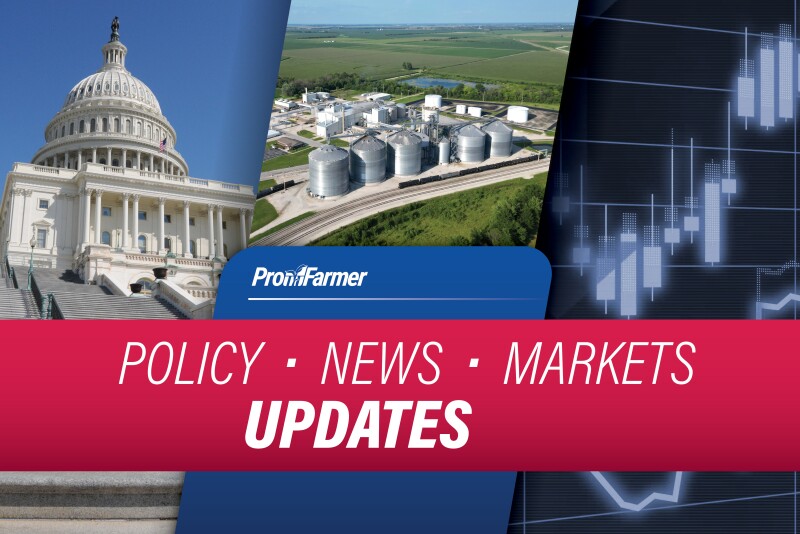Calls grow for Congress to act as farm workforce shrinks (Politico): Pennsylvania farmers say the shortage of farmworkers has reached a breaking point, with some selling off herds or unable to fill job postings despite repeated pleas for help. Many in Tioga County, a deep-red region where Trump won by wide margins, feel frustrated with the administration’s immigration policies and lack of clear farm labor rules.
Producers describe relying on migrant workers to keep their operations afloat but say the H-2A visa program is too limited, costly, and cumbersome—especially for year-round needs like dairy. The U.S. farm workforce has fallen sharply in recent months, leaving crops at risk of going unharvested and livestock without adequate care. Farmers argue that assurances from Washington about using domestic workers or machines ignore the reality of modern agriculture.
House Agriculture Chair G.T. Thompson is preparing legislation based on bipartisan recommendations to reform H-2A and give producers more certainty, but he acknowledges that meaningful change will require Congress to act. Farmers remain skeptical, noting that immigration reform has long been a political flashpoint that both parties avoid tackling. Many still view Thompson as an ally, but doubt a quick fix is possible as labor shortages deepen and the future of their farms grows more uncertain.
U.S.–Japan trade agreement projected to boost farm exports by $8 billion annually (Progressive Farmer): President Trump signed an executive order late last week to carry out a new trade agreement with Japan that could boost U.S. agricultural exports by an estimated $8 billion annually. Japan currently imports about $12.9 billion in U.S. farm goods each year, and the deal is expected to increase purchases of rice, corn, soybeans, fertilizer, bioethanol, and other products. Rice sales, already valued at more than $300 million annually, are projected to rise by 75% under the agreement.
The White House also highlighted Japan’s commitment to invest $550 billion in the United States, funding projects chosen by the U.S. government with the goal of creating jobs and expanding domestic manufacturing. U.S. farm groups welcomed the deal, with USA Rice noting expanded market access and the American Soybean Association emphasizing stronger trade ties at a crucial point in harvest season.
In addition to agriculture, the agreement sets a baseline 15% tariff on most Japanese imports to the U.S. and includes provisions for autos, aerospace, pharmaceuticals, and defense equipment. Japan will also accept U.S. automobiles without requiring additional safety tests. Agriculture Secretary Brooke Rollins called the deal a major victory for American farmers and announced plans to visit Japan soon.

